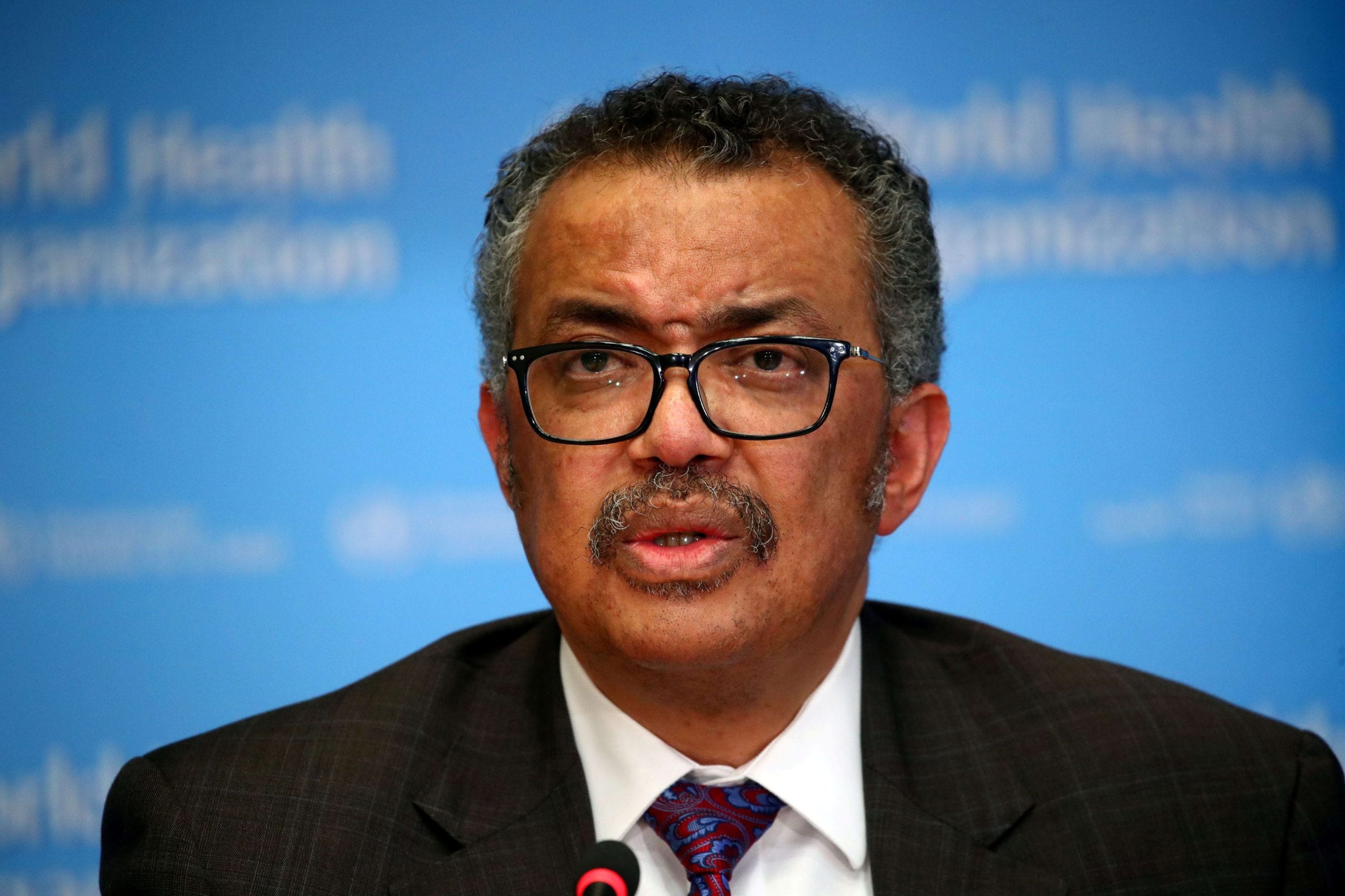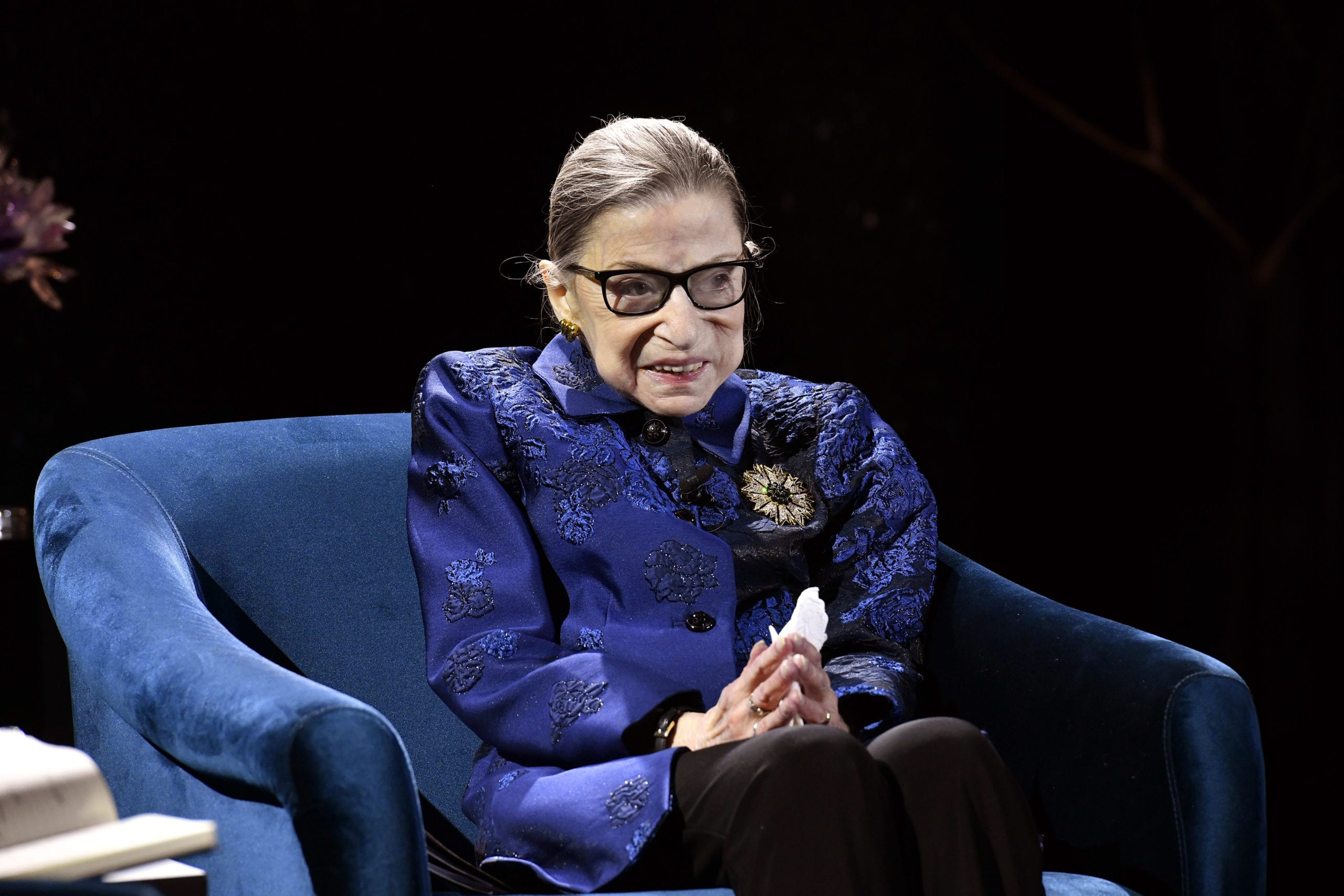[ad_1]
Director General of the World Health Organization (WHO) Tedros Adhanom Ghebreyesus speaks during a news conference on the situation of the coronavirus (COVID-2019), in Geneva, Switzerland, February 28, 2020.
Denis Balibouse | Reuters
The World Health Organization defended Friday its initial response to the coronavirus pandemic, saying it gave world leaders enough time to intervene early in the outbreak.
The agency declared Covid-19 a global health emergency on Jan. 30 when there were only 82 cases outside of China and zero deaths, WHO Director-General Dr. Tedros Adhanom Ghebreyesus said during a press conference on Friday. “Meaning, the world had enough time to intervene.”
“Me and my colleagues believe that,” he added. “To declare a global emergency in that situation I think it says it all. It says it all.”
Tedros also emphasized that WHO sent a team of scientists and infectious disease experts in February to China when there were “many unknowns” and the outbreak “was raging.”
“We didn’t waste any time. We didn’t want to waste any time,” he said. “I remember then people advising us then not to travel to China because this virus is new … and we said, ‘no, we go.'”
Last month, President Donald Trump announced that the U.S. would suspend funding to WHO while it reviews the agency’s response to the pandemic. He criticized WHO’s response to the outbreak, saying “one of the most dangerous and costly decisions from the WHO was its disastrous decision to oppose travel restrictions from China and other nations” that Trump imposed early on in the outbreak.
At the time, Tedros expressed “regret” for Trump’s decision and said WHO would turn to other countries to help fill any gaps in financing.
“The United States of America has been a long-standing and generous friend to the WHO and we hope it will continue to be so,” Tedros said on April 15.
Tedros also said the agency had warned developed countries early that the virus would “surprise” them. “It did. We said that,” he said on April 20. “Let’s stop additional surprises.”
WHO started sounding the alarm on the outbreak of a new coronavirus in China, in mid-January, designating the now Covid-19 pandemic as a global health emergency on Jan. 30. On March 11, WHO officials declared the outbreak a pandemic, when there were just 121,000 global cases.
Since then, the virus has spread to nearly every country across the globe, infecting more than 3.2 million people and killing at least 233,704, according to data compiled by Johns Hopkins University.
WHO also said Friday it is concerned the coronavirus could disrupt progress made with other infectious diseases.
Last week, WHO said at least 21 countries were reporting vaccine shortages for other deadly diseases as a result of travel restrictions meant to curb the spread of the Covid-19 pandemic.

















